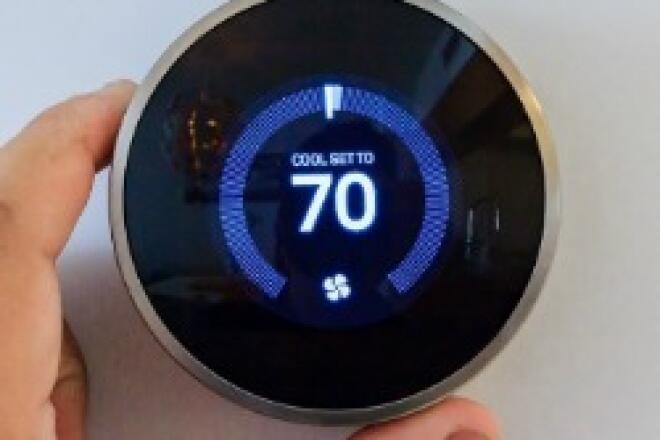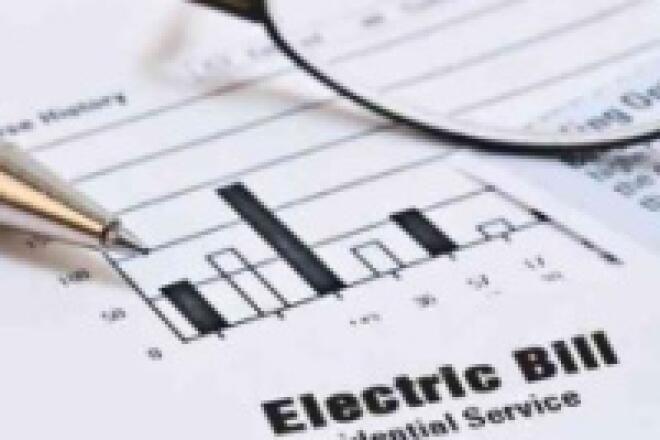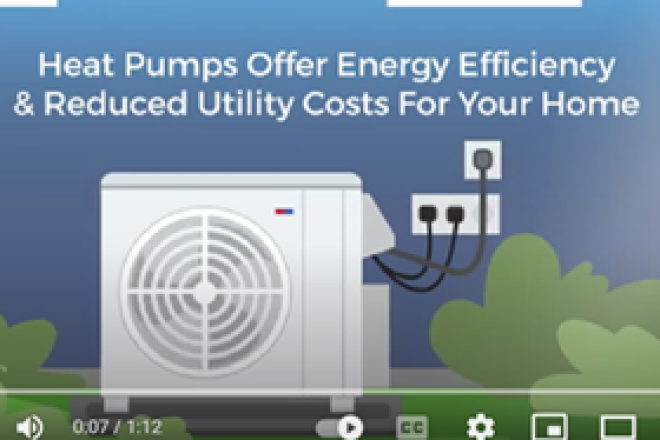
3 Reasons to Consider a Heat Pump for Your Home
More and more consumers are electrifying their lives as they look for ways to lower their carbon footprints, improve the energy efficiency of their homes and play their part in addressing climate change.
While the growth of electric vehicles (EVs) has received a lot of press in recent years, consumers are also considering technologies inside their homes, such as induction cooktops, electric water heaters and air-source heat pumps.
In this month’s blog, we look at three reasons to consider a heat pump for your HVAC system:
1. You can save money on both heating and cooling.
According to the Department of Energy, the most common type of heat pump today is the air-source heat pump, which transfers heat between your home and the outside air. These can reduce your electricity use by 50 percent compared to furnaces and baseboard heaters. Because heat pumps transfer heat rather than generate it, they’re much more efficient than traditional heating and cooling systems.
While it can be somewhat difficult to estimate cost savings for a heat pump (due to home size, your habits, your current fuel source and other factors), one group suggests that “the average homeowner would save $557 per year” on their power bills – but this varies quite a bit from state to state. For example, the average homeowner in Maine could potentially save $718 per year, while in Colorado, the average homeowner would only save $182.
2. You will significantly lower your home’s carbon footprint.
According to one study, heat pumps can reduce your home’s carbon dioxide emissions by 38 to 53 percent over a gas furnace, and 20-year global warming potential (GWP) emissions can be lowered by as much as 67 percent – depending on how much electricity your home uses, your current heating and cooling systems and other factors.
And as renewable energy becomes more common and the grid gets cleaner, the environmental benefits will only increase. For example, in the Northeast, where clean energy generation is relatively high, switching to a heat pump could cut household carbon emissions from heating by about 75 percent. However, in the Midwest, where coal and gas are still more common, it’s only about a 12-percent reduction.
3. You can get significant rebates to lower the cost.
Finally, there’s never been a better time to purchase a heat pump as many federal and state-level rebates are now available – or will become available in the near future. For example, as part of Maine’s push to move from oil heating to heat pumps, the state is offering rebates of up to $8,000 – depending on income level – to cover up to 80 percent of project costs for installing a heat pump.
However, for most Americans, the real sea change will be the Inflation Reduction Act (IRA), which includes $8.8 billion for home energy efficiency and electrification. As states begin to roll out these funds, consumers can expect up $8,000 for a heat pump and up to $4,000 for a new electric panel in upfront discounts. You can begin estimating your specific incentives in this online calculator.
If you’re interested in saving energy at home and making a more environmentally friend choice, it may be time to start considering the humble heat pump. It’s a highly efficient system, and with the number of rebates available now and in the near future, there’s never been a better time to purchase one.



